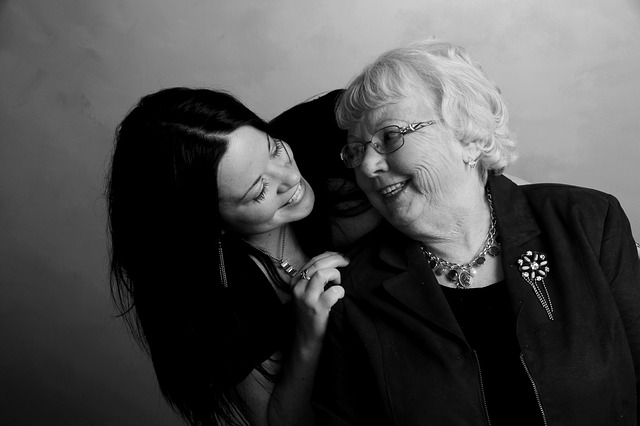Many of us have to deal with the conundrum of how best to help our aging parents. If they start to lose their independence or fall ill, then we may have to help them make decisions on what their future is going to look like, which often means looking for senior care options. Some will take up the charge of being a carer, themselves. However, this can be very difficult. So, what can you do to make sure that you are taking care of yourself, even while you care for an aging parent?

Changing your environment to help
Changes around the home can help your parents a little easier to care for. For instance, there are accessibility adjustments that you might be able to make in the home, this can include a stairlift to help with transit, as well as handrails for the bathroom to allow them to use the toilet or the bath and shower more easily. This can take a little of the stress of caring for them off of you since the home helps a little more.
Know when you may need some help
Even if you have taken it upon yourself to be the primary caregiver for your parent, that doesn’t mean that you have to do it all alone. Giving yourself some time to enjoy your social life, to meet other responsibilities, and simply take a break can be crucial for your mental health. For that reason, it may be necessary that you explore options like respite care in kansas city (or any other place, for that matter). That way, you could have a professional carer take over for you once a week, allowing you some time to yourself while maintaining the standards of care that you work hard to provide. Contacting an experienced caregiver agency might help you in your search.
Help foster their independence
While your loved one might need your help for many things, that doesn’t mean that they are entirely incapable of doing things by themselves. First of all, make sure they have some control over their care and routine to avoid coming into conflict with them. There are ways that you can help retain some of their independence, be it for simple daily tasks, some hobbies they might enjoy, or for times that they could be able to cope on their own. You should be nearby to help but fostering independence can help both you and your parent.
Know that you need emotional support
It is not a sign of weakness nor a failure that you might feel like you are not emotionally strong. Looking after someone who needs care is very demanding, and it can affect you emotionally, as well. It’s okay to cry and it’s okay to need someone to support you. Finding someone to talk to, even to provide some therapy, can help you stay on top of things when you need to without bottling up all of your emotions until they become impossible to hold in.
You need to be realistic and pragmatic about what you can and can’t handle, and what kind of help you may need. The tips above should hopefully give you some options to start looking into.